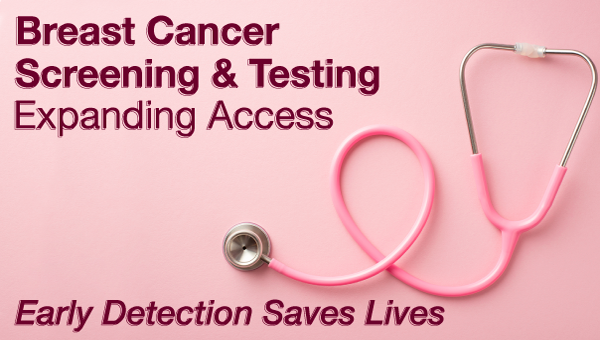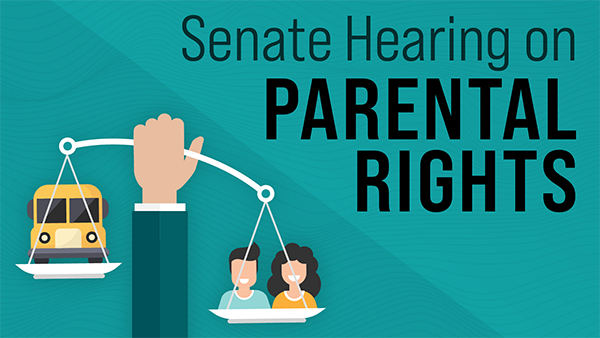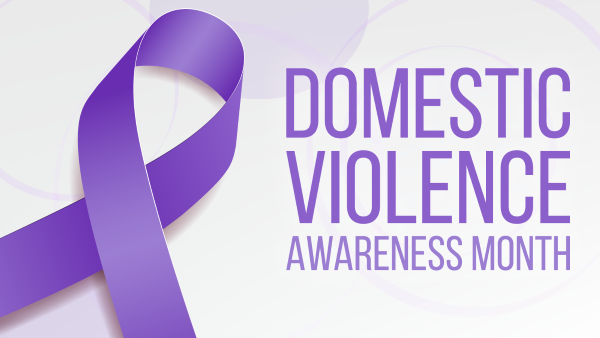
|
||||
|
In this Update:
Senate Passes Gebhard Bill to Improve Personal Financial Literacy
Legislation I sponsored to improve personal financial literacy by requiring completion of a half-credit economics and personal finance course as a high school graduation requirement was passed by the full Senate this week. The most recent estimates calculate there are more than 350 million American-owned credit card accounts, and, on average, credit card owners have about four cards apiece. This has led to astonishing levels of debt. As a nation, families in the United States are approaching approximately $1 trillion dollars in credit card debt and more than $15 trillion dollars in debt total. Far too often, the financial decisions our younger generations are making early in their lives are putting them at a financial disadvantage. By teaching high school students the financial basics, they will learn necessary money management skills to position themselves for lifetime success and financial independence. This legislation is truly an investment in our youth and the Commonwealth’s financial future. The course created by Senate Bill 1243 will teach the importance of credit scores, APR for student loans and home mortgages, budgeting, compounding interest, saving for retirement and other basic financial concepts. The content of the course will be in line with standards established by the second edition of the Voluntary National Content Standards in Economics and the 2013 National Standards for Financial Literacy, as developed by the Council for Economic Education. The bill now moves to the House of Representatives for consideration. Senate Approves Measures to Help Women at High Risk of Breast Cancer
The Senate this week passed two bills to help women at high risk for breast cancer, ensuring coverage for MRIs, ultrasounds and genetic testing with no out-of-pocket costs. Breast cancer is the second-most common cancer in women in the United States after skin cancers, and early detection is the key to saving lives. The Senate approved the following bills: Senate Bill 1225 eliminates out-of-pocket costs for breast MRI and ultrasound for women with high-risk conditions such as dense breast tissue, a family history of breast cancer, personal history of breast cancer, genetic predisposition or prior radiation therapy. Senate Bill 1330 removes costs associated with genetic testing and counseling for Pennsylvanians with a family history of breast and ovarian cancers. Genetic testing for heredity cancers provides the opportunity for earlier screenings and preventive treatments and procedures. At a news conference celebrating passage of the bills, PA Breast Cancer Coalition President Pat Halpin-Murphy said: “Senate Bill 1225 and Senate Bill 1330 will arm the women of Pennsylvania with the best tools possible to find breast cancer at its earliest, most treatable stage.” Other Bills Passed by the Senate this Week
In addition to bills expanding coverage for breast cancer prevention, the Senate approved the following measures this week: Senate Bill 139 directs the Department of Education to establish a model curriculum for instruction in the events and significance of Sept. 11, 2001 and provides for a moment of silence in schools on 9/11. Senate Bill 1265 creates an online registry of fire courses for firefighters similar to what is maintained for medical responders, EMTs and paramedics. Senate Bill 1282 grants land banks the same environmental protections other economic development agencies receive when dealing with brownfields. You can find a list of all bills that received votes in the Senate this week here. Senate Committee Reviews Legislation to Empower Parents
The Senate State Government Committee held a public hearing Tuesday on legislation to establish by state statute the rights of parents over the upbringing of their children. The hearing featured testimony from Pennsylvania parents and parental rights advocacy groups. Testifiers discussed the importance of the parent-child bond, the impact of the COVID-19 pandemic on learning, and the inability of parents to remove inappropriate material from Pennsylvania schools. Senate Bill 996 would make clear in statute that the state, counties, local governments and school districts may not infringe on the fundamental rights of parents to direct the upbringing, education, health care and mental health of their children without demonstrating that such action is reasonable and necessary to achieve a compelling state interest — narrowly tailored – and not otherwise achieved by less restrictive means. The legislation would also ensure a parent’s right to access and review all school records related to their child, a right to review all instructional materials used throughout the school year, and the right to opt out their child from certain curriculum that the parent finds to be objectionable or harmful. Earlier this year, the Senate approved legislation to require school districts to identify sexually explicit content in school curriculum and materials and notify parents that their child’s coursework includes such content, and prohibit classroom instruction on gender identity and sexual orientation for pre-kindergarten through fifth-grade students. HARP Helps Hospitality Workers in Need
Hospitality Assistance Response of PA (HARP) provides immediate, emergency funding to servers, bartenders, front-desk workers, housekeepers, receptionists, cashiers, cooks and others in need in the hospitality field. HARP is a 501(c)(3) funded by private donations and can help with medical bills or general hardship and provide immediate relief to hospitality employees experiencing a variety of other financial challenges. Grants are awarded on a first-come, first-served basis and subject to availability of funds. If you want to donate or know a hospitality worker who needs help, you can find information here. Cultural and Historical Support Grants Available
Applications are being accepted from qualified museums and official county historical societies for nearly $2 million in state Cultural and Historical Support Grants. Among other uses, the grants can supply general operating support to museums and official county historical societies that are not supported by other state agency funding programs. Eligible museums must have annual operating budgets exceeding $100,000 and at least one full-time professional staff person (some museums are not eligible if they are eligible for grant support from other state agencies). The Pennsylvania Historical & Museum Commission has eligibility information and grant guidelines. The deadline to apply is Nov. 7. Domestic Violence Awareness Month
|
||||
|
||||



Want to change how you receive these emails? 2025 © Senate of Pennsylvania | https://senatorgebhard.com | Privacy Policy |









